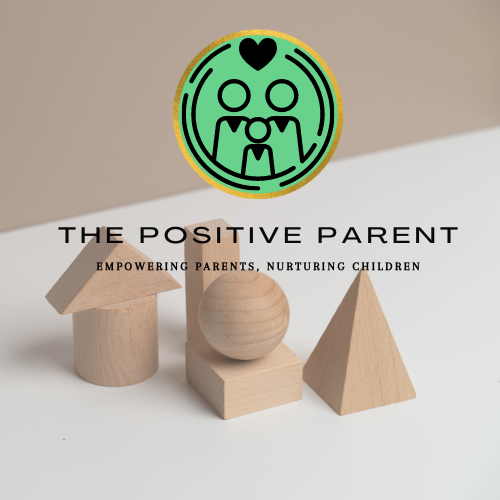Emotional Development in Three-Year-Olds: Understanding Your Child's Growing Emotional Intelligence
As a parent, you may have noticed your three-year-old child growing more emotional and outspoken. This is totally normal, as 3-year-olds are at a critical time of emotional development. Understanding this development can allow you to better support your child's emotional well-being and establish a healthy relationship with them.
Empathy is an important part of a 3-year-old's emotional development. At this age, children begin to understand and relate to the sentiments of others. They may express compassion for a crying acquaintance or calm an angry sibling. Encourage your child's empathy to help him or her develop strong social skills and emotional intelligence.
How to develop your child's empathy.
Parents can assist their children develop empathy by:
- Demonstrating caring behaviour.
- Understanding and kindness to others in front of your child can illustrate the value of empathy in interpersonal connections.
- Parents should educate their children to consider how others may be feeling by asking questions such, "How do you think your friend feels when they fall down and hurt themselves?" This can assist children learn to notice and understand the emotions of others.
Parents can also help their children develop empathy by encouraging them to help others in need. This could be as easy as exchanging toys with a friend or offering consolation to an upset classmate. By praising and rewarding these empathic behaviours, parents can help their children internalise the value of empathy and incorporate it into their daily interactions with others.
Overall, developing empathy in a three-year-old is critical for their emotional intelligence and social skill growth. Parents can assist their children develop compassion and understanding by modelling, supporting, and reinforcing empathetic behaviours.
Overall, developing empathy in a three-year-old is critical for their emotional intelligence and social skill growth. Parents can assist their children develop compassion and understanding by modelling, supporting, and reinforcing empathetic behaviours.
Additionally, 3-year-olds are learning to control their emotions. They are learning to recognise and express a wide range of emotions, including joy, enthusiasm, frustration, and sadness. As a parent, you may assist your child manage these emotions by teaching them appropriate coping methods like deep breathing or using words to express themselves.
It is also critical to acknowledge your child's feelings and demonstrate that it is acceptable to feel whatever they are experiencing. Acknowledging and respecting your child's emotions can help them build a strong sense of self-esteem and emotional resilience.
How to acknowledge your child's feelings.
One method parents can notice their child's feelings is to actively listen to them without passing judgement. This is paying complete attention to what your child is saying and echoing back to them what you hear to demonstrate that you understand. Encouraging your child to communicate their emotions openly and honestly can make them feel acknowledged and appreciated.
Another option for parents to show acceptance of their child's feelings is to model appropriate emotional management themselves. This includes teaching your child that it is acceptable to experience a variety of emotions and that they should be expressed in a healthy and constructive manner. By keeping calm and composed when addressing emotions with your child, you can teach them how to properly regulate their own feelings.
In addition, parents can affirm their child's emotions by providing comfort and support as needed. This can include demonstrating empathy, giving a hug, or simply being present and ready to listen whenever your child needs to communicate. By creating a safe and caring atmosphere in which your child can express themselves, you are helping them feel accepted and understood, which can lead to a strong sense of self-esteem and emotional resilience.
Furthermore, three-year-olds are gaining a sense of freedom and autonomy. They may be more assertive about their preferences and dislikes and like to make their own decisions. Encourage independence while simultaneously setting boundaries to help your child develop confidence and self-control.
In conclusion, 3-year-olds' emotional development is an important stage in their growth and knowledge. You can assist your child navigate their emotions and lay a solid foundation for good emotional intelligence by encouraging empathy, emotional regulation, feelings validation, and independence. Remember to be patient, empathetic, and helpful as you assist your child through this critical period of development.




Comments
Post a Comment